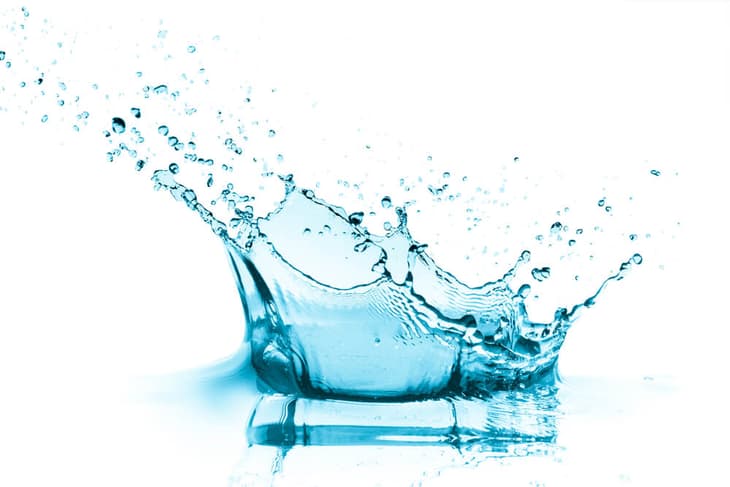The hydrogen sector is intrinsically linked to water management, according to a new whitepaper from Integrated Sustainability.
Hosted on H2-View.com, the Hydrogen Production Water Management: Understanding the Challenges whitepaper notes that hydrogen production projects are complex; stressing the need to establish comprehensive project plans from the onset that will de-risk water aspects hydrogen projects and enhance operational optimisation.
Highlighting source water, cooling water, high purity water treatment, wastewater management, and regulatory, rightsholder and stakeholder impacts, as common challenges in hydrogen production, the whitepaper said adopting a “holistic approach” to address water challenges would be “essential” to propel the sector and secure its long-term viability.
The whitepaper said water resources and regulatory permitting are key strategic considerations. It advocates for an all-inclusive source water strategy, involving surface water, groundwater, seawater, and collaborative industry efforts.
... to continue reading you must be subscribed





